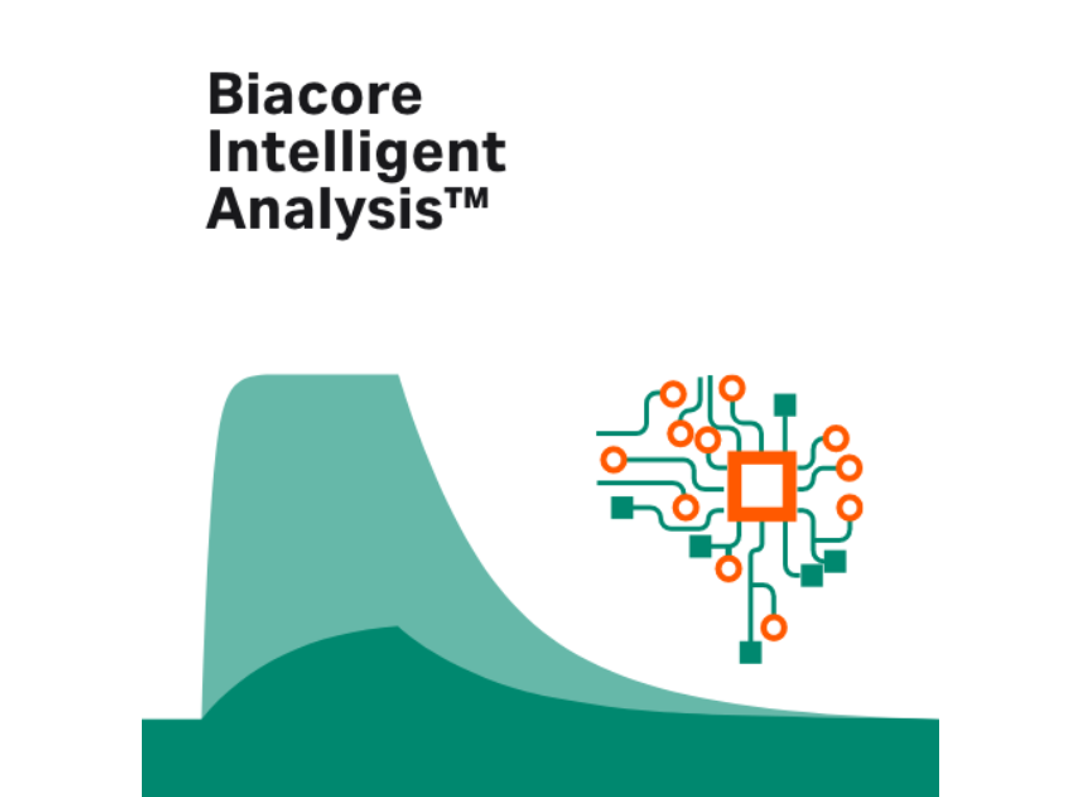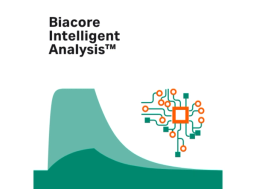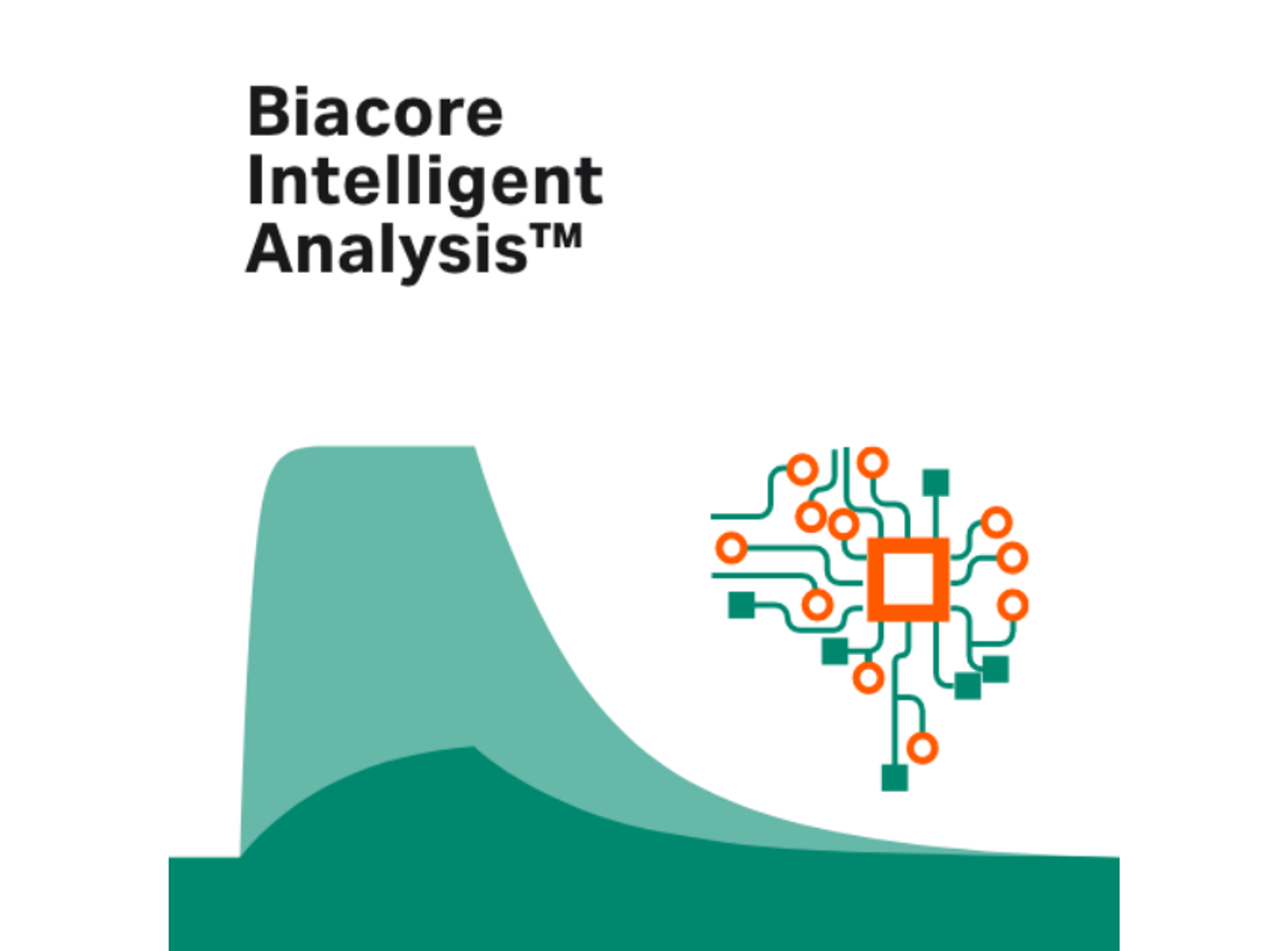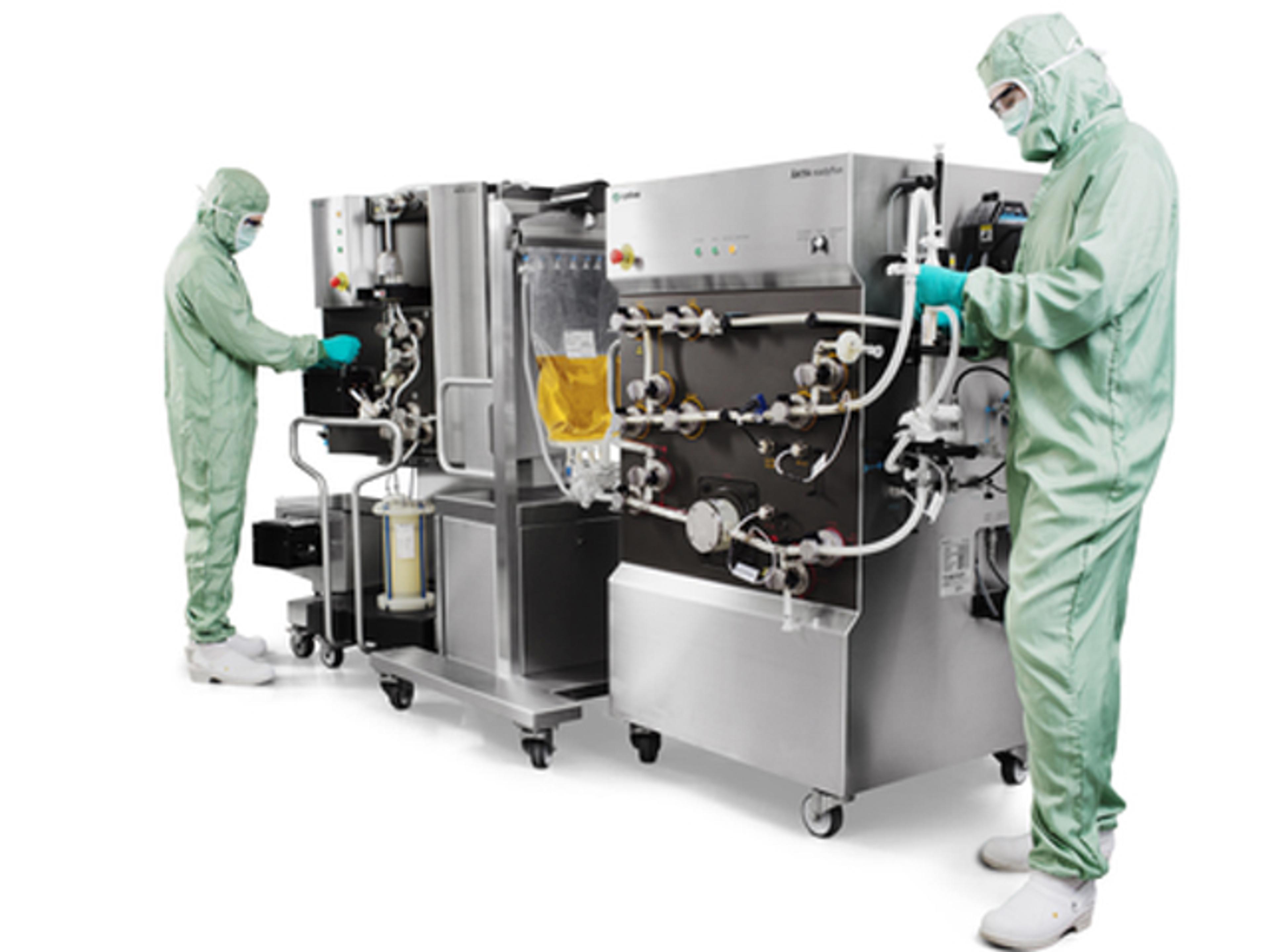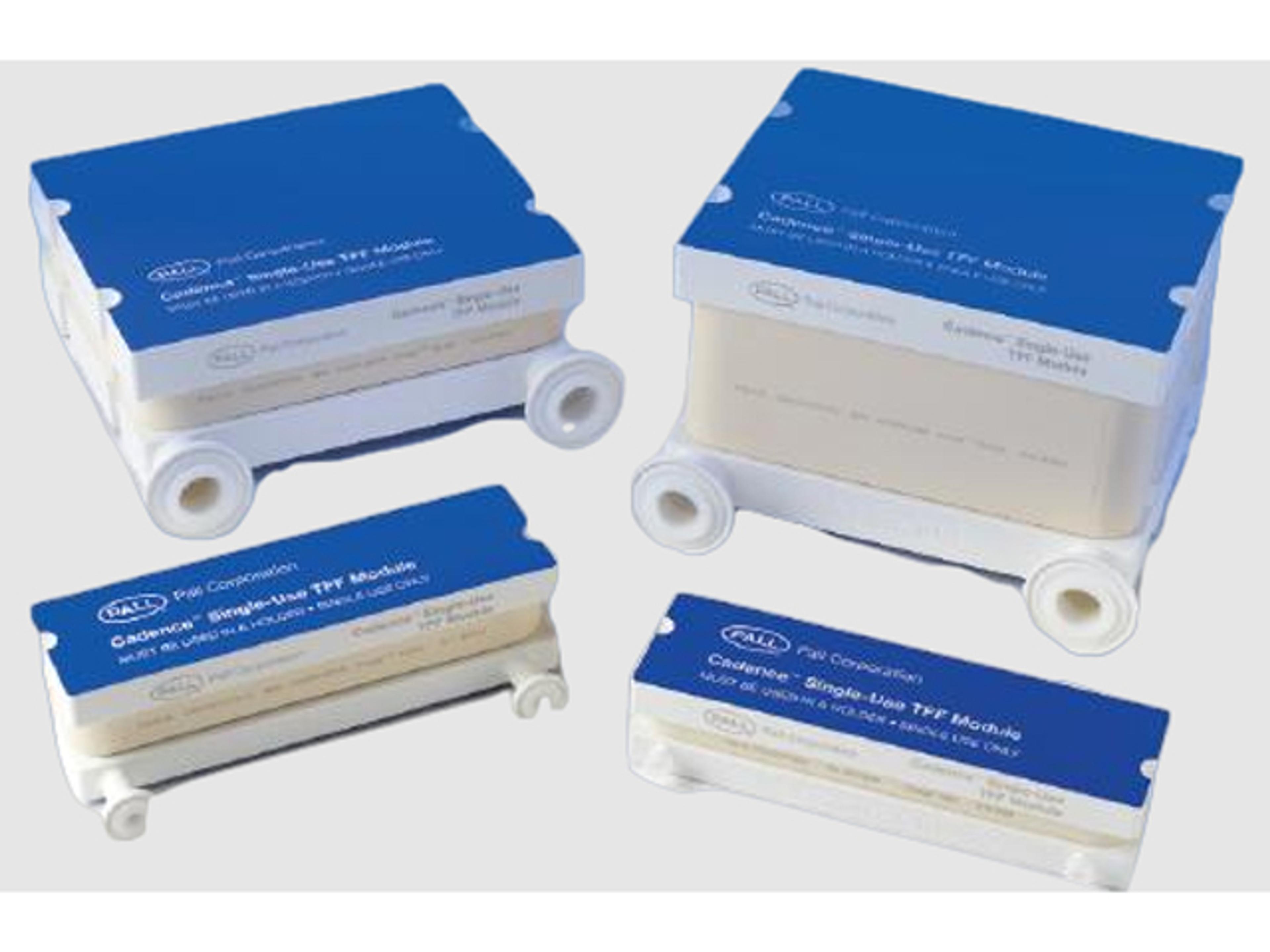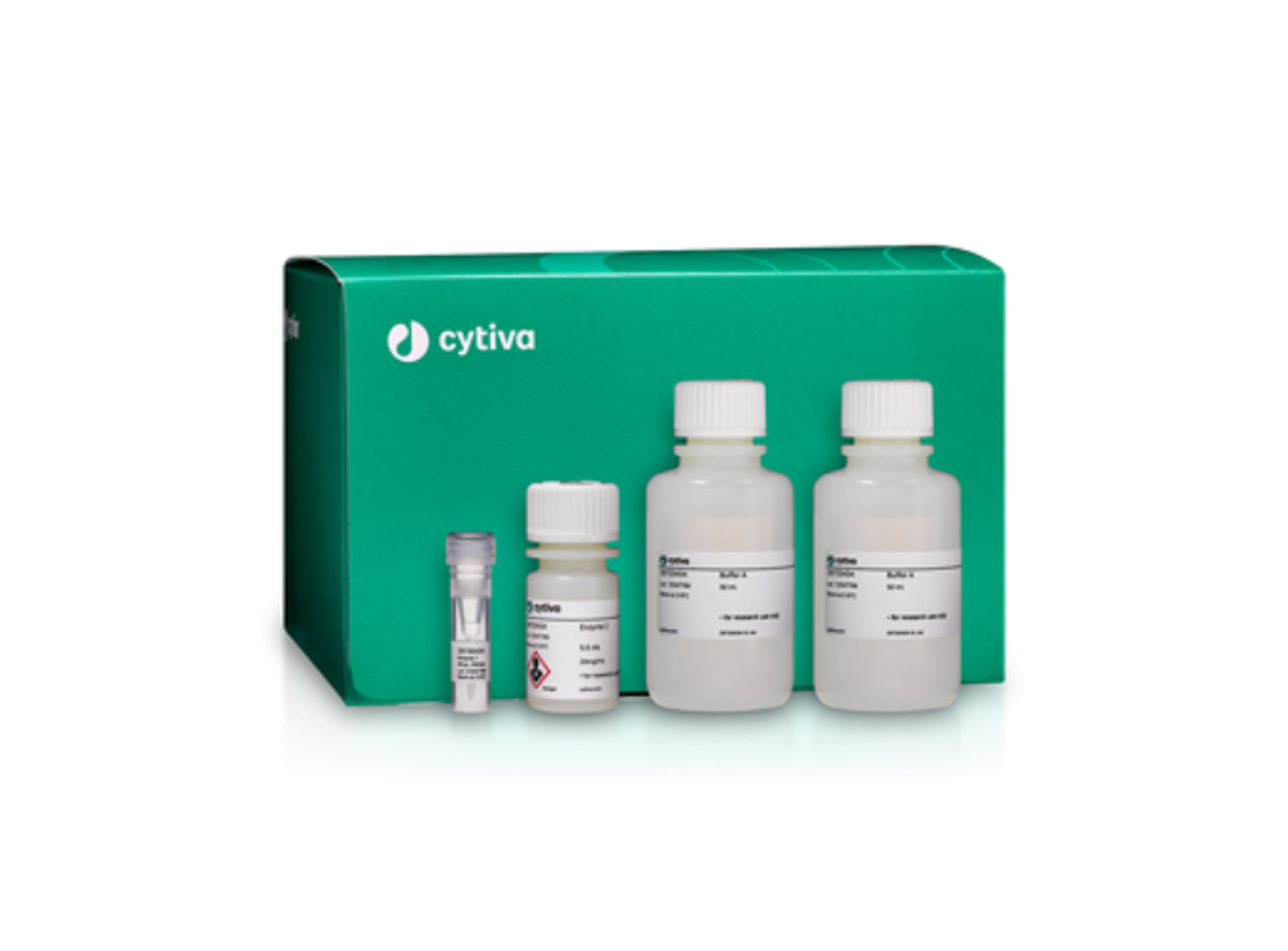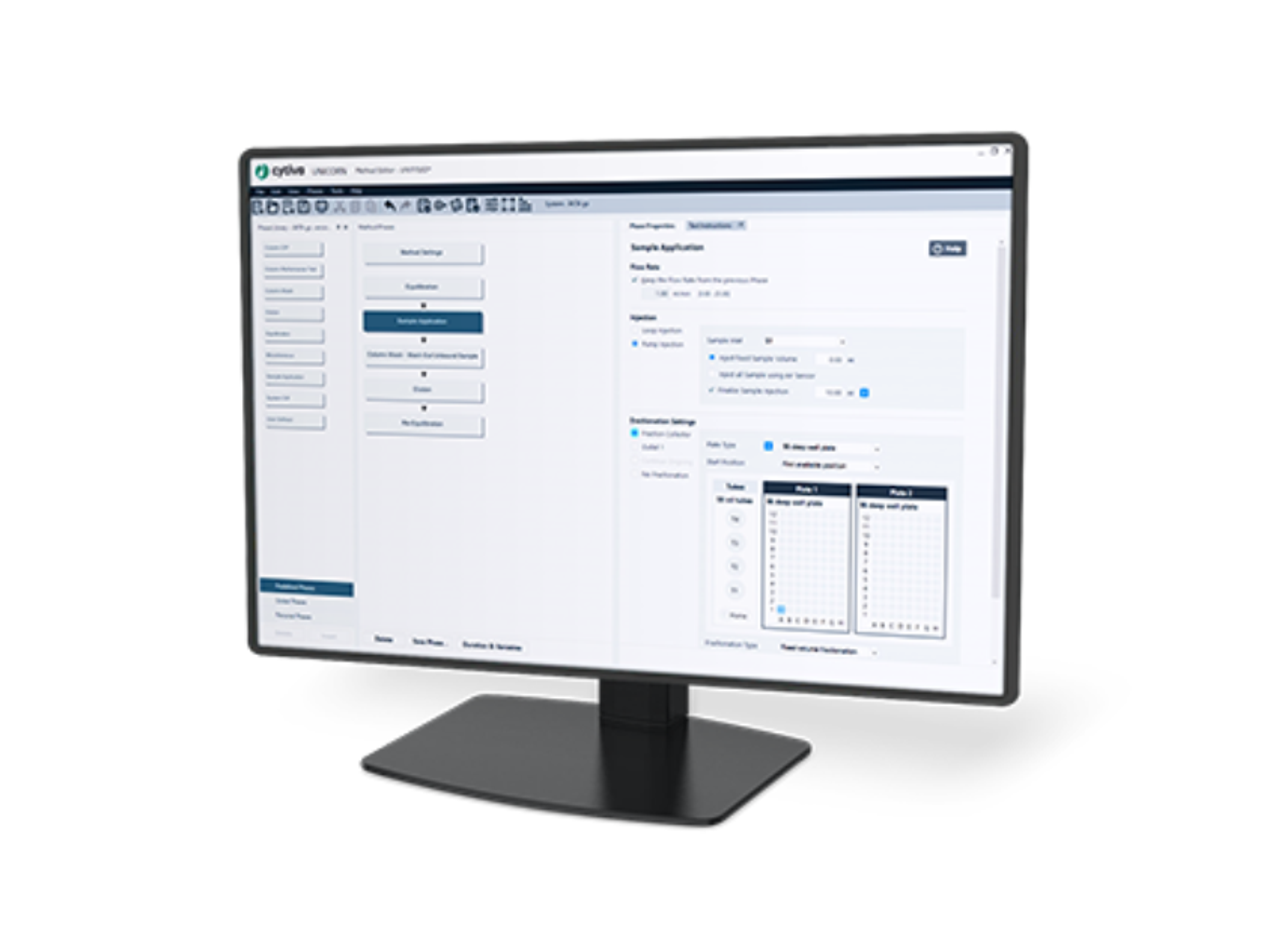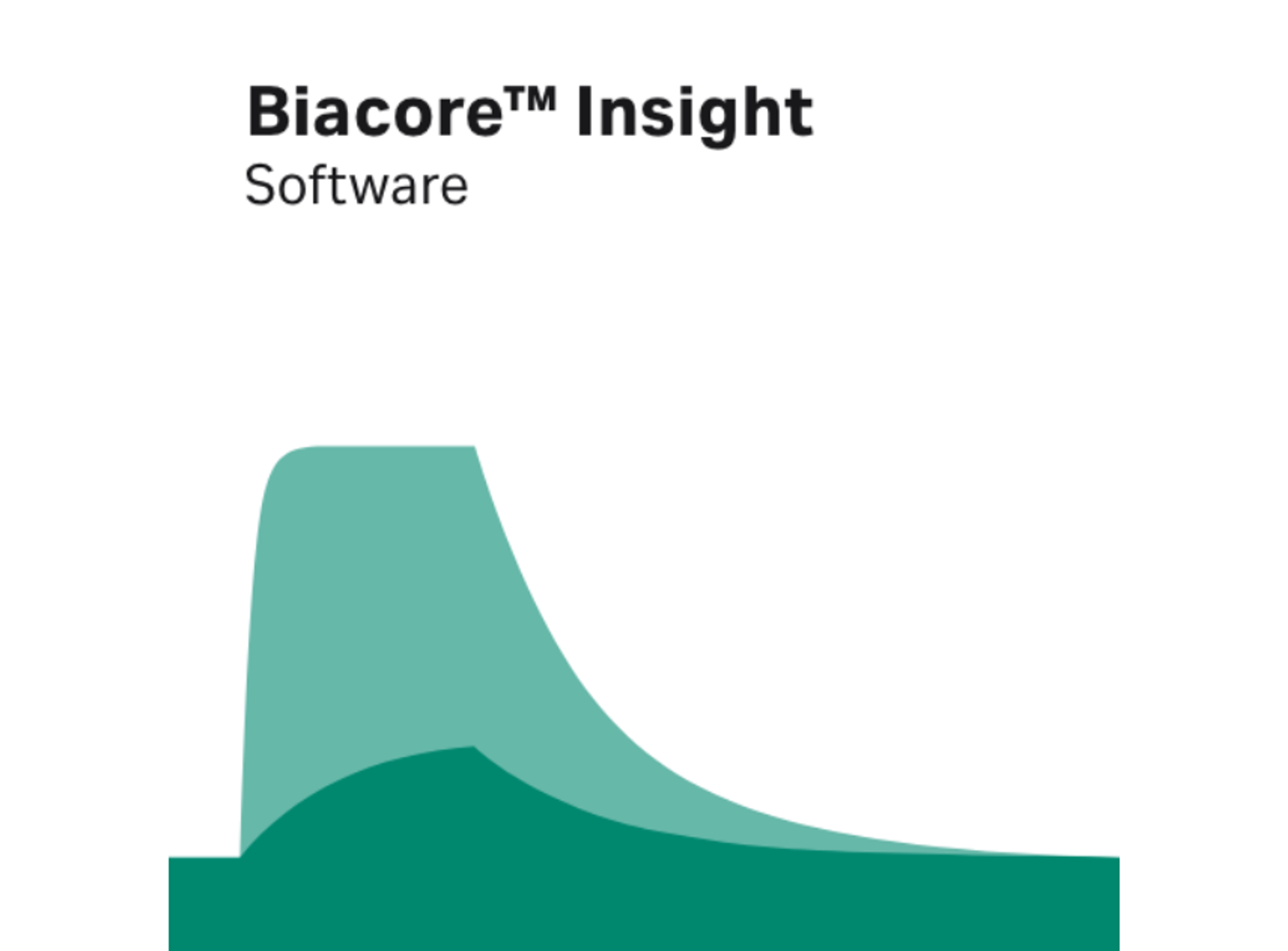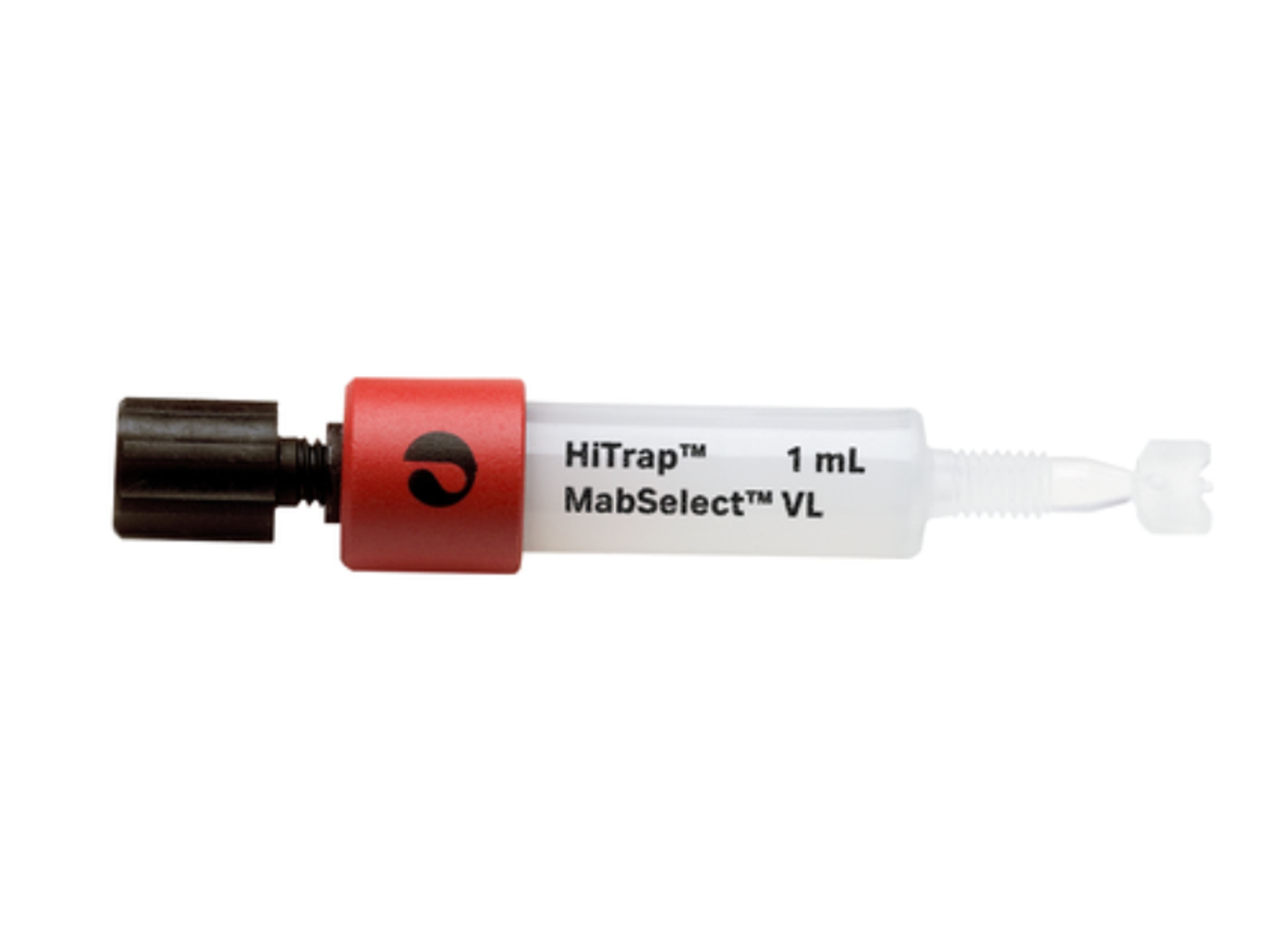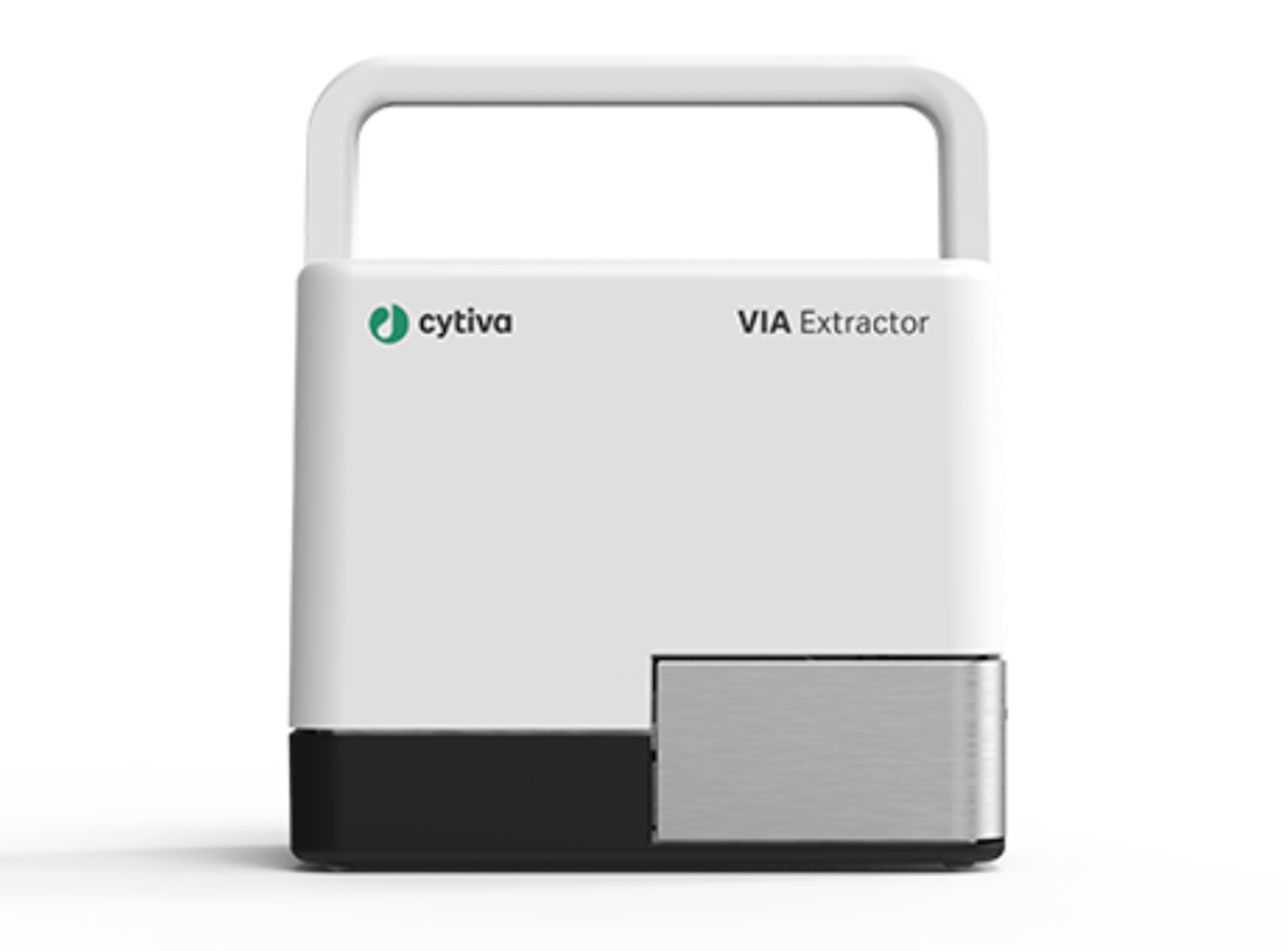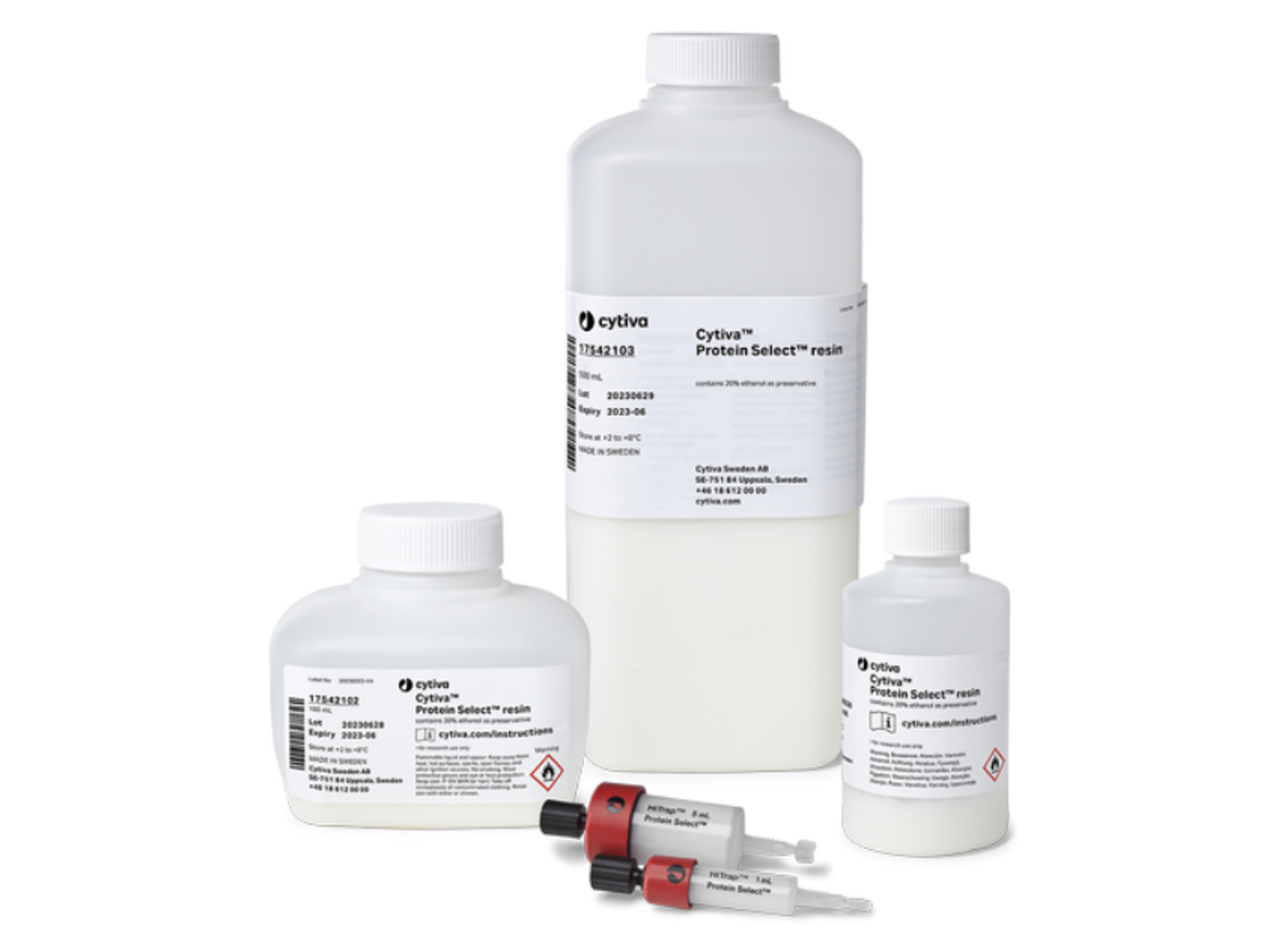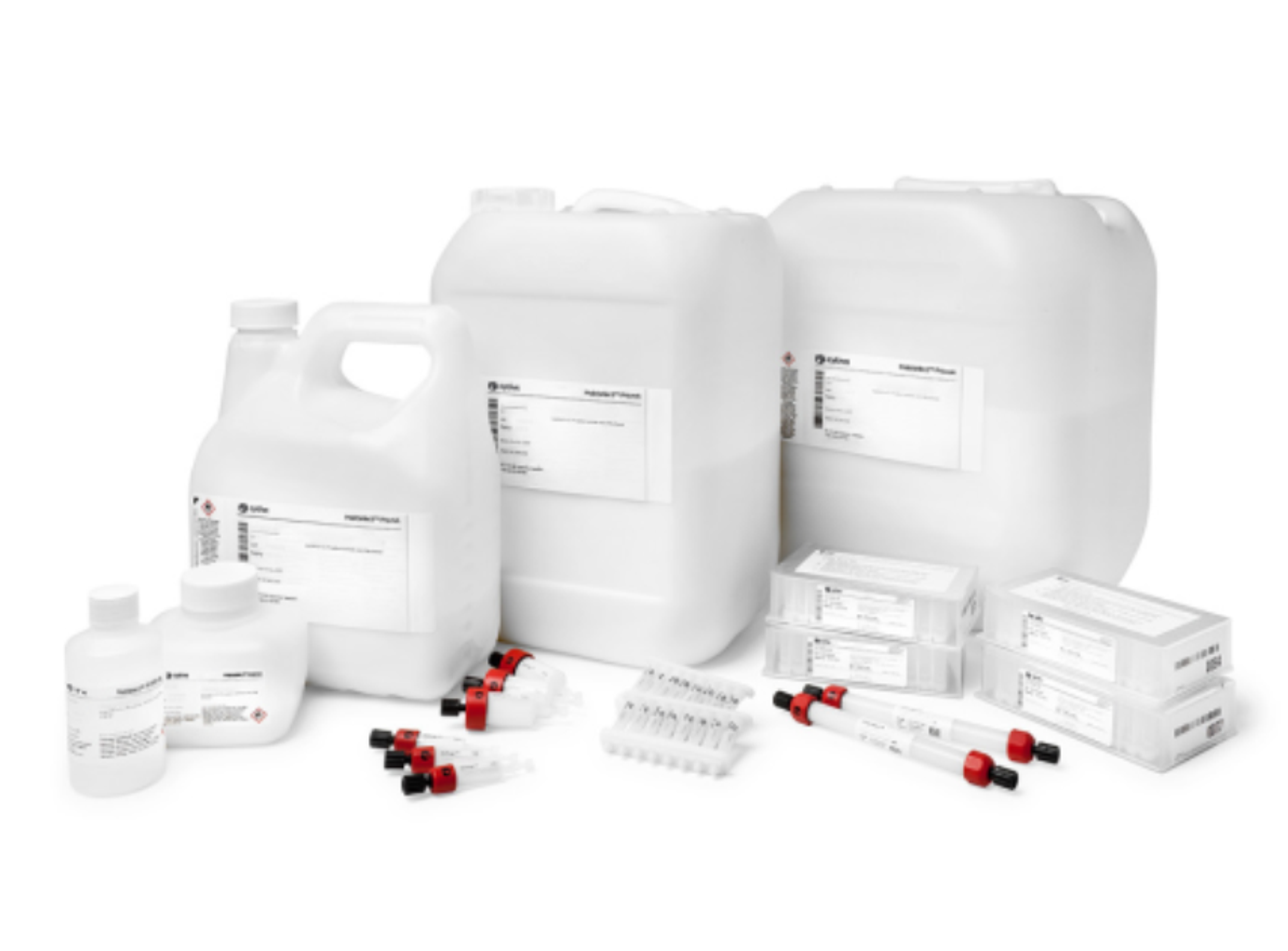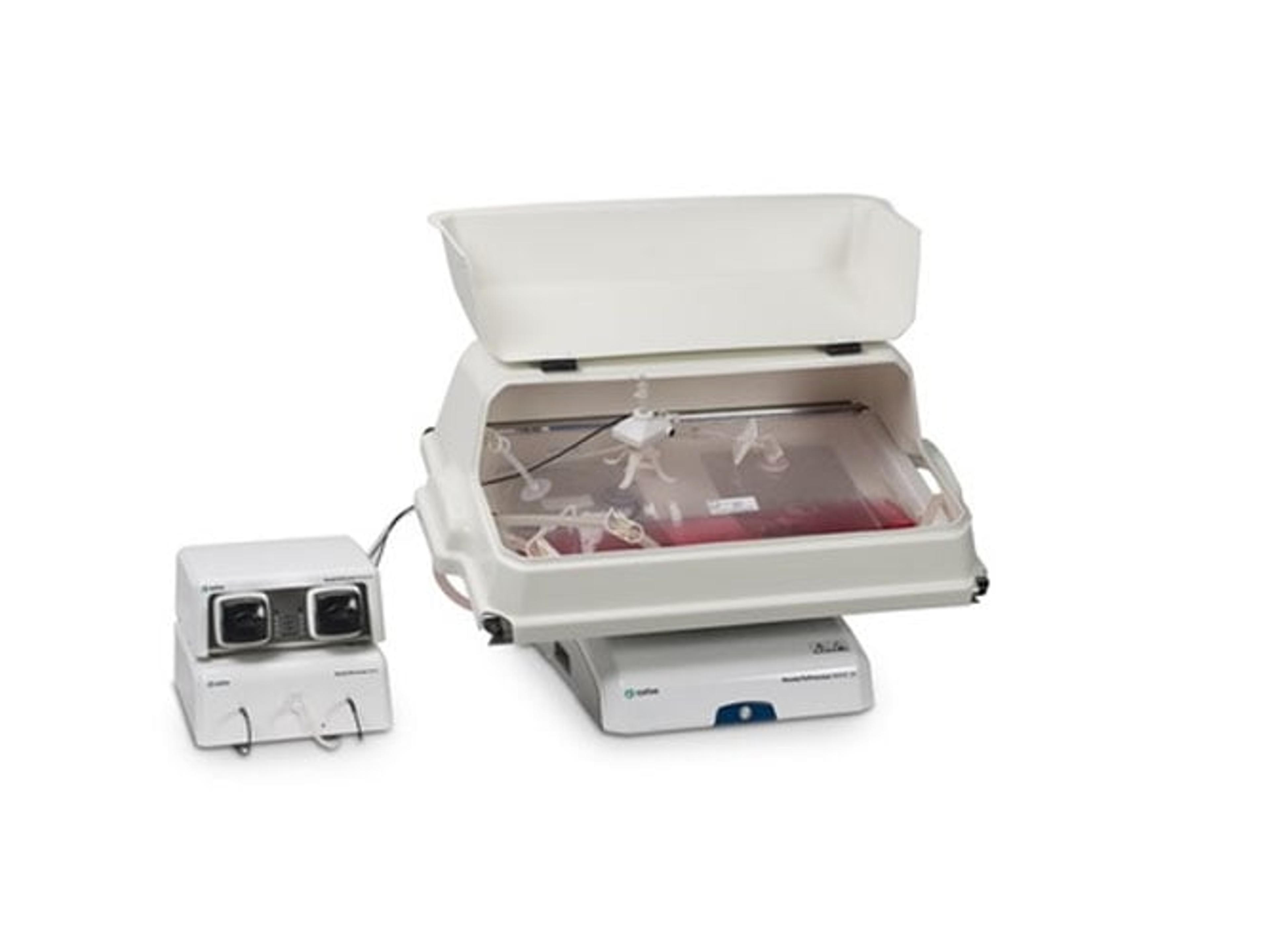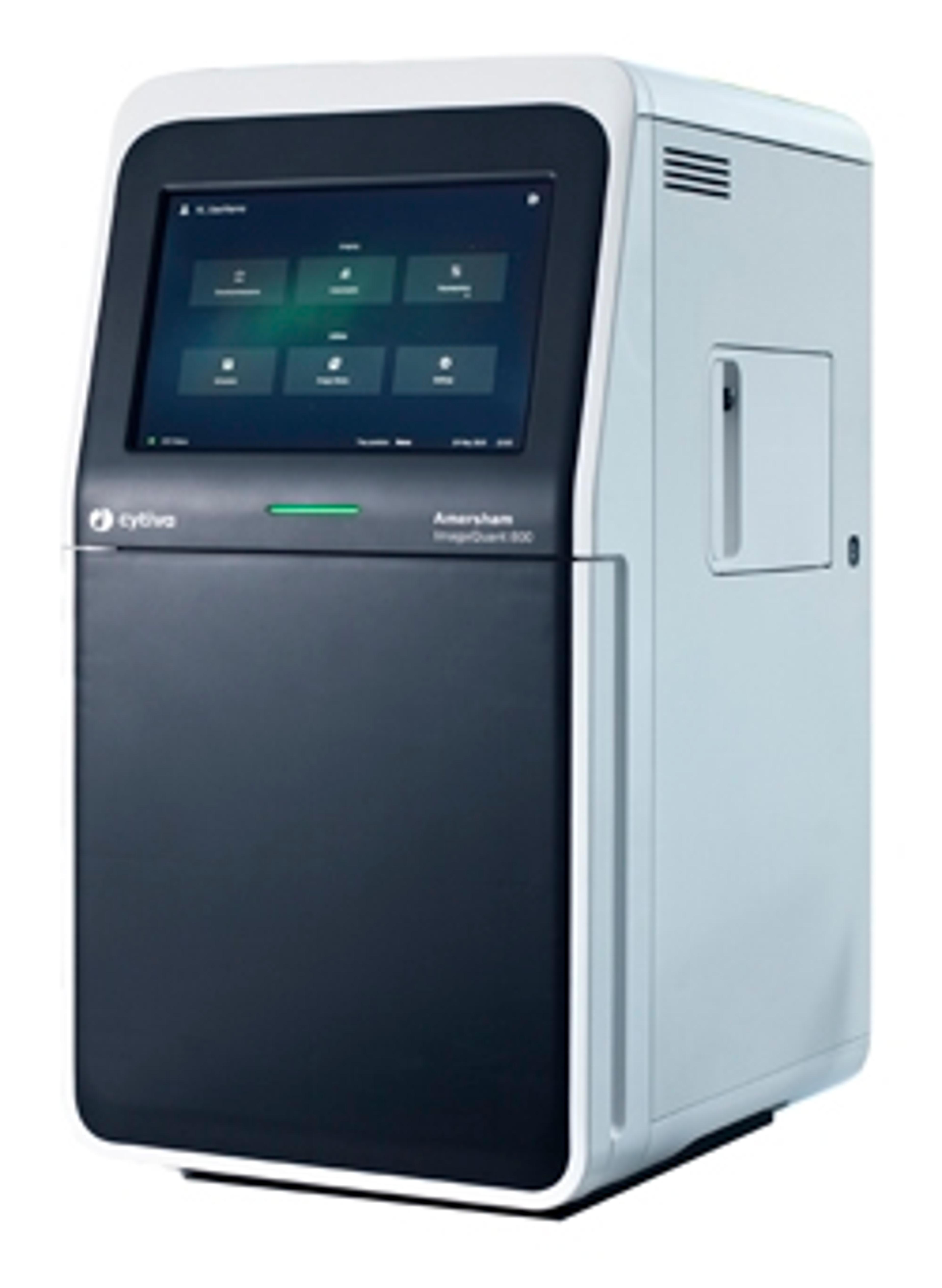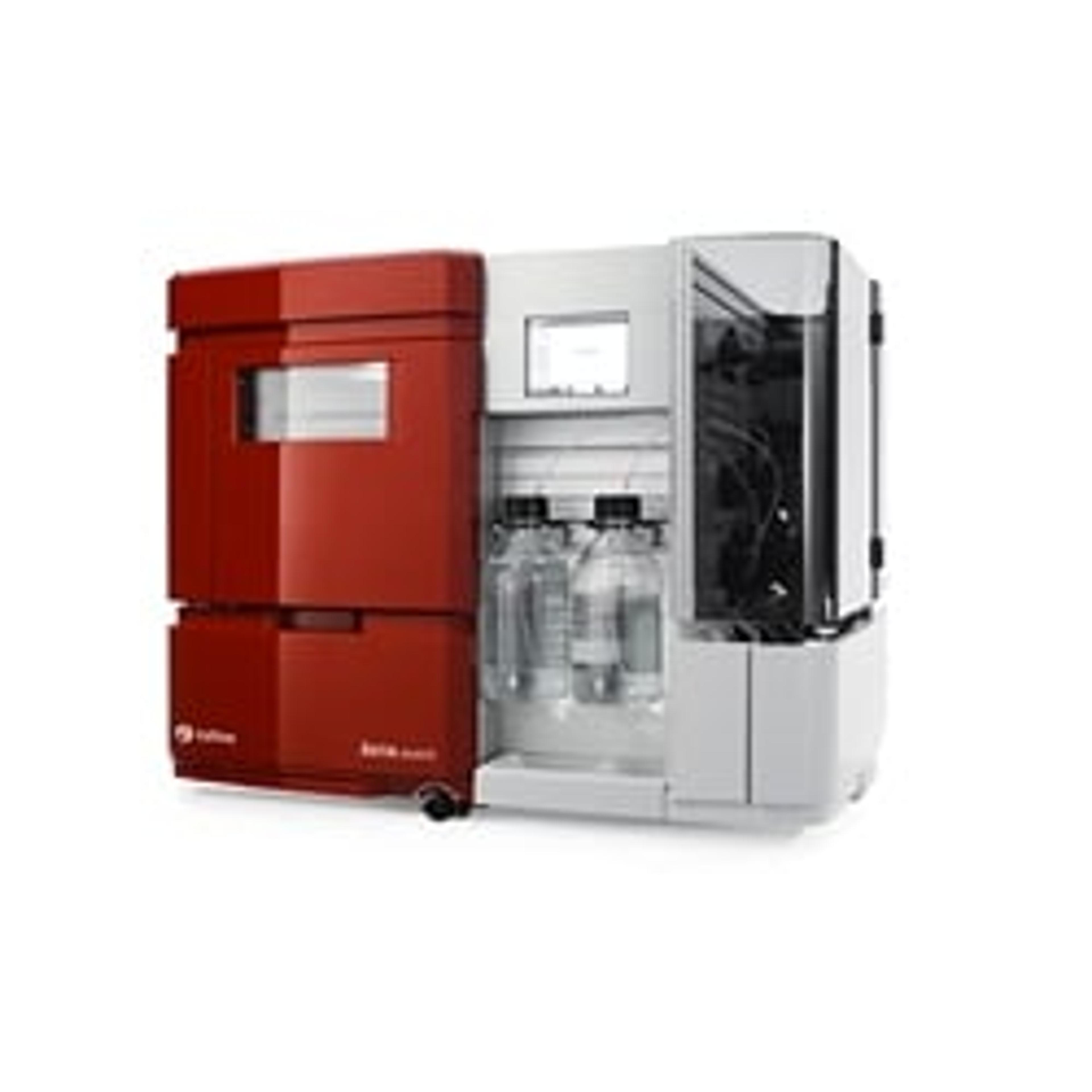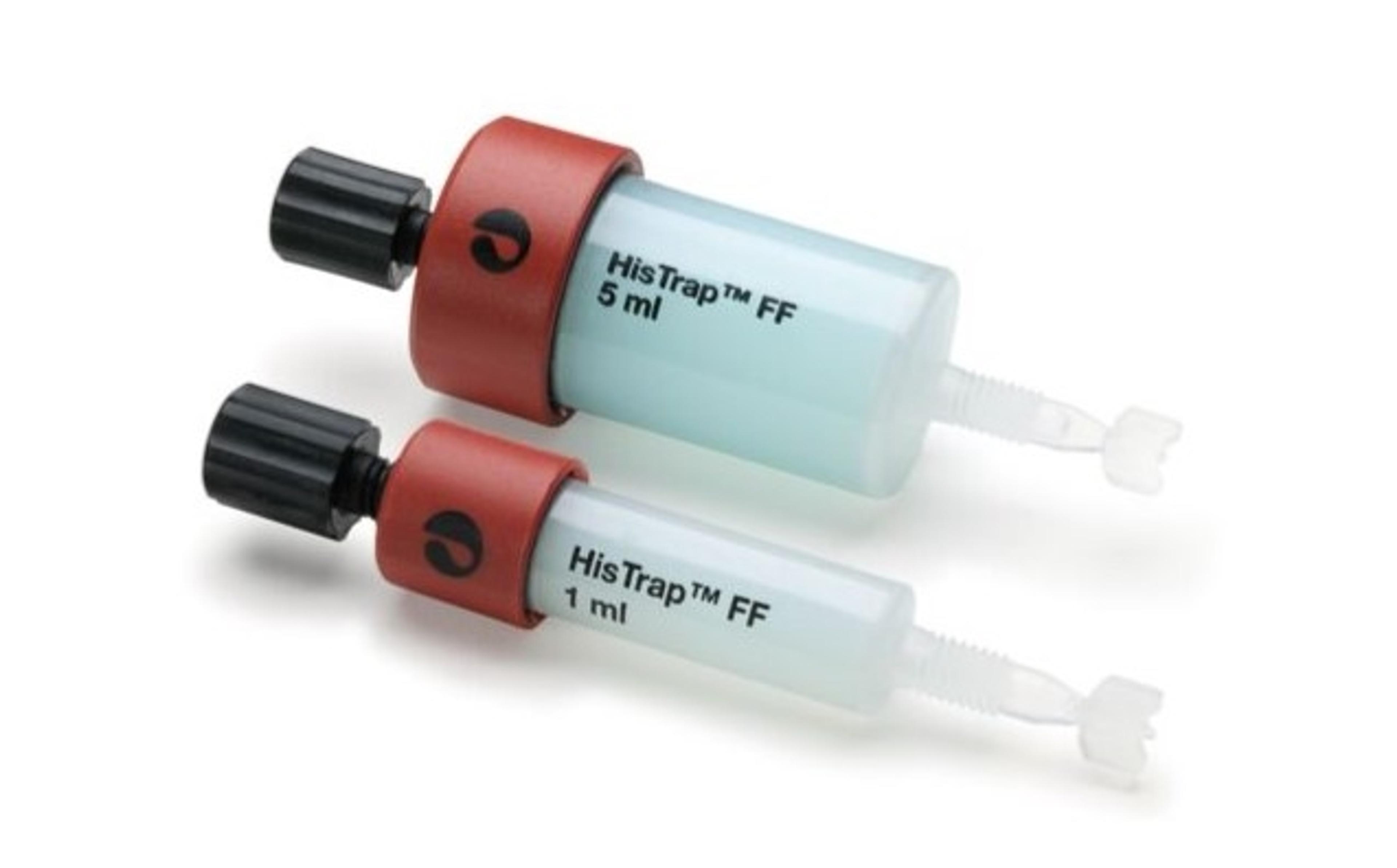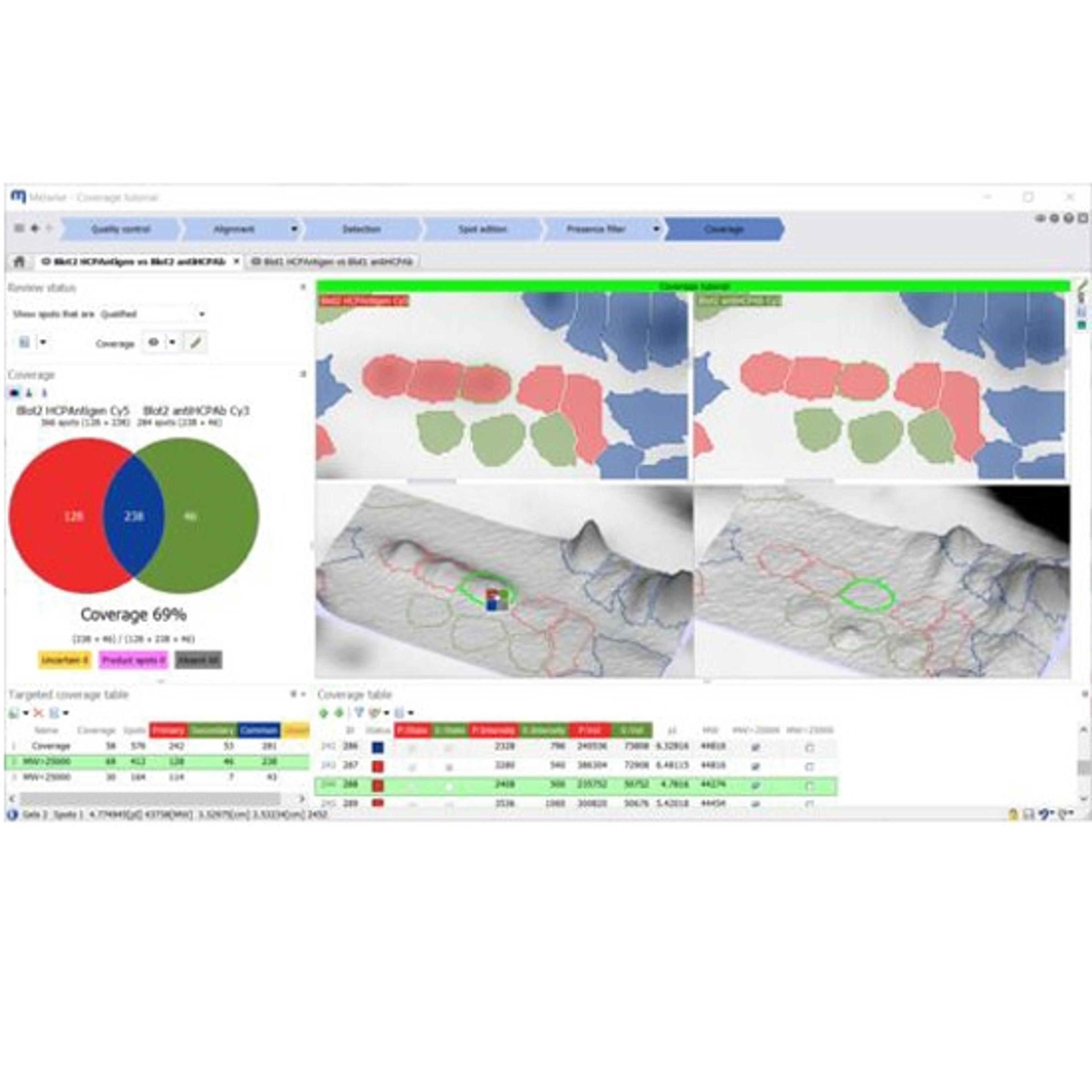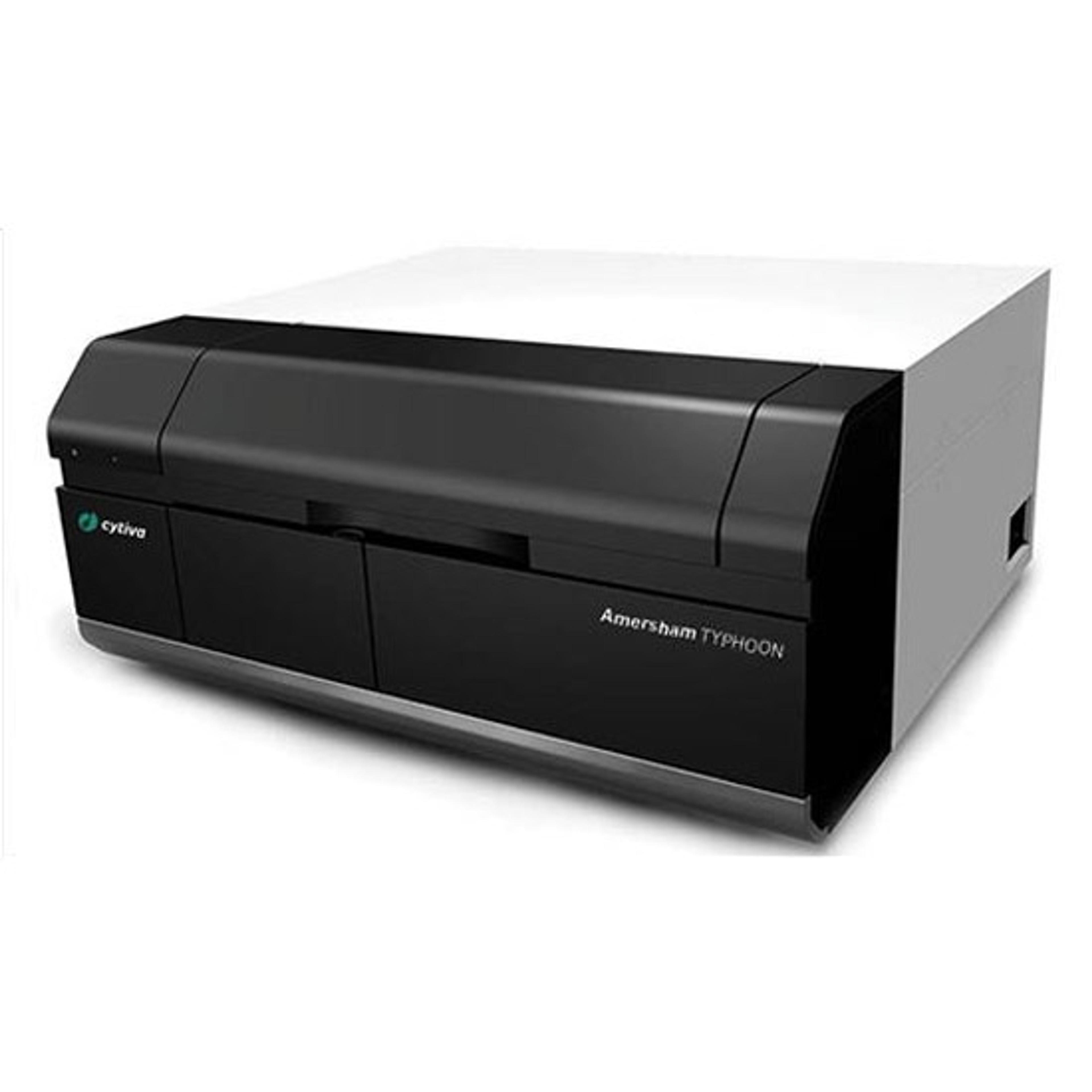Biacore Intelligent Analysis™ software
Machine-learning software that reduces the analysis bottleneck of large data sets in your surface plasmon resonance workflow
Cut down your data analysis time by more than 80%.
Biacore™ SPR instruments enable characterization of potential binders to protein targets at high throughput. Biacore Intelligent Analysis™ (BIA) — an SPR machine-learning software extension, enables the consistent and automated analysis of large data sets by significantly reducing the manual and time-consuming steps of data curation and quality control.
The data prediction models are pretrained by Cytiva’s scientists. The prediction models provide a ready-to-go solution for analysis of binding level and affinity screening data.
Binding level screen applications, automatically analyzes and classifies your binding level data via a series of feature:
- Binder prediction quality automatically predicts the quality of the interaction
- Binder prediction classifications are automatically applied to understand the reasons for the assigned prediction quality and trace it back to the underlying sensorgram data. Classifications can be customized when starting with an untrained model.
- Binder prediction certainty is a percentage measure of how confident the model is in the prediction of binder prediction.
The prediction consistently provide greater than 90% accuracy as opposed to human expert analysis, with excellent sensitivity (> 87%) and specificity (> 90%).
Affinity screen application helps concentration series experiment with steady-state affinity. Automations include:
- Selection of the Affinity range position to deal with non-specific binding and series reaching steady-state only close to the end of injection.
- Exclusion of outliers to remove the need for manually curation of data.
- Selection of the appropriate Rmax fit settings for better characterization also for low affinity interactions.
- Customizable classifications to set the basis for final data quality assessment.
- Results are displayed and assigned into three categories: Accept, Reject, or Uncertain.

